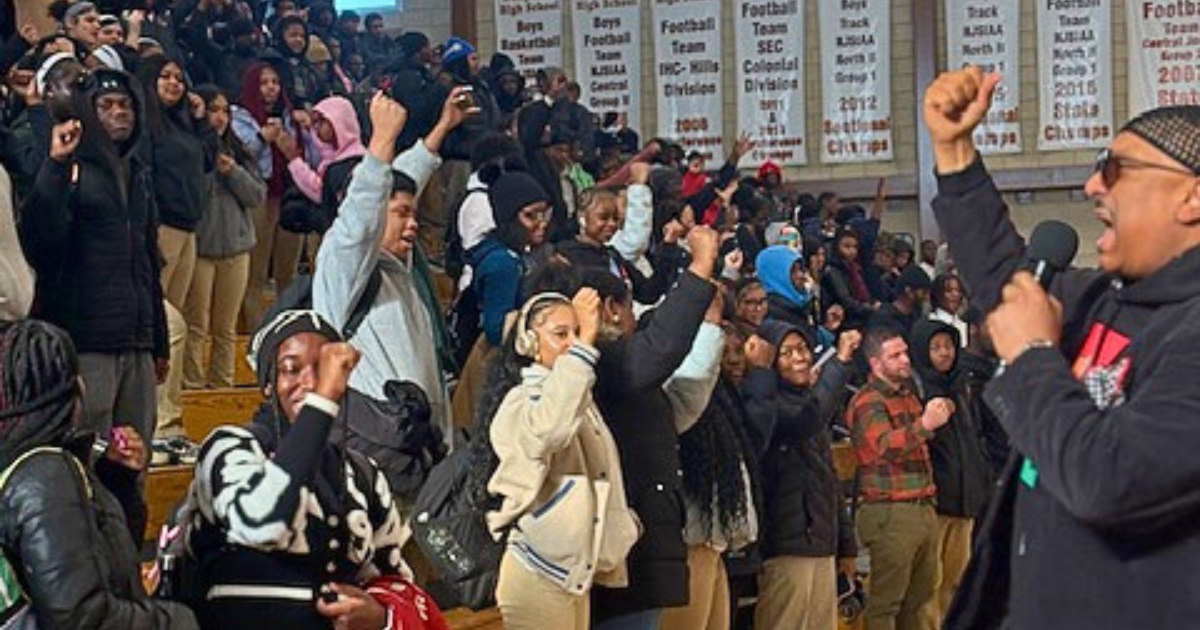
Interest in vasectomies is rising significantly among younger men and those without children, reflecting changing demographics and motivations for the procedure. This trend has become more pronounced following the June 2022 ruling in the case of Dobbs v. Jackson Women’s Health Organization, which overturned the constitutional right to abortion in the United States.
Doctors are noting various motivations behind this increase, ranging from urgent needs to strategic timing based on family size and personal circumstances. The traditional perception of a vasectomy patient being a middle-aged father is evolving. More young men, including those without children, are opting for the procedure to take control of their reproductive choices.
Many men cite feeling ready to make a permanent decision about their family size as a compelling factor. For instance, Tom, a father of three, shared that he scheduled his procedure shortly after his youngest child turned one. Others echo similar sentiments; Eric, a 43-year-old father, mentioned wanting to avoid raising children into his sixties.
Financial considerations also play a significant role in these decisions. Elton, who fathered his last child at 39, expressed concerns about the financial implications of adding another child to his family. He stated, “Doing the math, it seemed irresponsible to plan on any more offspring when that would have put my ‘help them with college and launch to independence’ time to be concurrent with my ‘get my affairs sorted for a reasonably independent retirement’ time.”
The impact of the COVID-19 pandemic has also influenced scheduling for potential patients. Anthony, who intended to have a vasectomy in 2020, had to postpone due to the pandemic. He expressed that the emotional and financial requirements of raising a child are becoming increasingly daunting.
The procedure itself remains less invasive than alternatives available to women. Chris, who decided with his wife that their family was complete with two children, highlighted that the vasectomy offered a quicker recovery than female sterilization options. He noted, “It just made sense to us.”
Societal Influences on Vasectomy Decisions
The cultural shift surrounding vasectomies is partly attributed to the Dobbs decision. According to Dr. Hwang, a urologist at Penn Medicine, there has been a noticeable increase in vasectomy consultations since the ruling. She noted that by fall 2022, the volume of inquiries had escalated to the point where adjustments in her practice were necessary to accommodate the demand.
In a survey conducted by Dr. Hwang and her colleagues, over 300 men who sought vasectomies after the Dobbs ruling were queried about their motivations. Approximately 30 percent identified sociopolitical issues, including the effects of the ruling, as significant factors in their decision. Younger, child-free men were particularly influenced by these concerns, with such individuals being five times more likely to cite sociopolitical factors as pivotal in their choice.
Many of these men expressed that their decision to undergo the procedure was primarily to alleviate the burden on their female partners, whether from current contraceptive methods or potential future pregnancies that might lead to abortion considerations. Dr. Hwang remarked on the unexpected depth of thought that younger and childless men invest in their decision-making process, stating, “They spend a significant time considering vasectomy and are unlikely to have regret.”
This shift also reflects a broader societal concern among men regarding reproductive rights and responsibilities. One participant shared his longstanding desire for a vasectomy, which he had postponed due to a lack of health insurance and fears that medical providers might question his decision as a young, childless man. He emphasized his motivation as a means of self-preservation and a way to support women, stating, “If prenatal health care is becoming increasingly difficult to access, someone who doesn’t want a kid is naturally concerned that they will be forced to have one.”
Women’s Perspectives on Male Sterilization
The reactions from women regarding their partners’ decisions to undergo vasectomies appear varied, with some expressing relief. Jon, who had the procedure after fathering three children, noted that his decision was viewed positively in his subsequent dating life, serving as a “plus point” for potential partners.
As societal norms surrounding family planning continue to evolve, the surge in vasectomy interest among younger men reflects a significant shift in reproductive responsibilities. This trend underscores the importance of ongoing conversations about family planning and the changing dynamics of gender roles in reproductive health decisions.
The implications of these shifts are far-reaching, suggesting that as more men take charge of their reproductive choices, the traditional narratives surrounding family planning may continue to transform.







